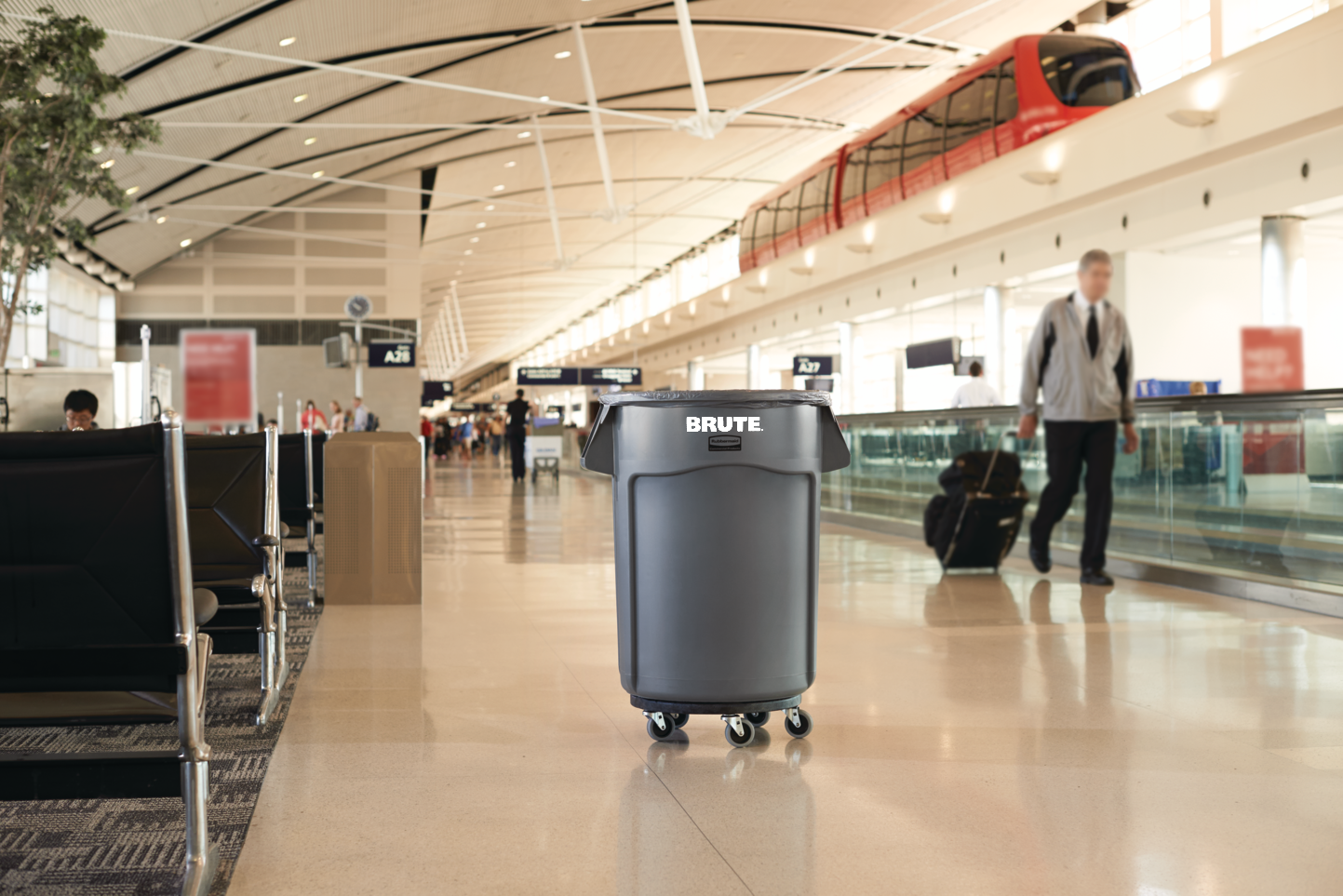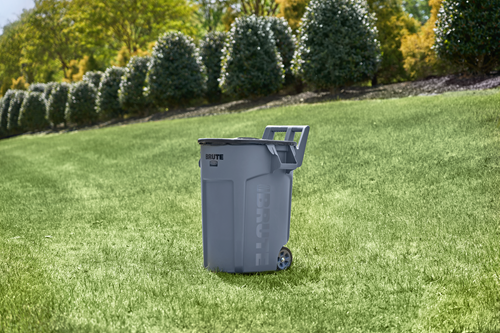
In the current economic climate, the spotlight is increasingly focusing on the pressing issue of waste management. The sheer volume of business waste generated daily is not only a strain on our environment but also a significant drain on resources. This scenario emphasises the critical importance of adopting robust business waste reduction strategies.
At the forefront of this movement is Rubbermaid, a brand synonymous with fostering sustainable business practices, steering enterprises towards a future where sustainability is not just a goal but a norm.
This article explores five potent strategies to curb business waste, spotlighting Rubbermaid Commercial Products' instrumental role in this sector. 
The Importance of Waste Reduction for Businesses
Considering the ongoing economic trends, waste reduction's financial and environmental benefits cannot be overstated.
By adopting sustainable practices, businesses not only lessen their environmental impact but also witness a significant reduction in waste disposal costs and energy consumption. Moreover, these practices resonate well with the modern consumer, who is increasingly leaning toward brands that embody sustainability.
5 Potent Waste Reduction Strategies
Let’s look at five ways businesses can start reducing waste:
1. Choosing Durable and Long-lasting Products
The first step in the quest for zero waste is opting for durable products that resist wear and tear, thereby reducing waste generation. By investing in high-quality materials and products that withstand the test of time, businesses can not only minimise their environmental impact but also enjoy long-term cost savings.
2. Implementing Effective Recycling Programs
An essential facet of waste management is the initiation of successful recycling programs. Engaging employees in this initiative and providing training can foster a culture of recycling within the organisation, making a substantial dent in the waste stream.
3. Reducing Single-Use Plastics
The environmental toll of single-use plastics is well documented. By seeking practical alternatives to plastic waste, like opting for reusable containers instead of bottled water, businesses can considerably reduce the landfill burden.
4. Minimising Food Waste
Food waste is another critical area where businesses can implement strategies to prevent unnecessary waste, thereby contributing to a circular economy. Initiatives could include implementing a composting program, donating unsold food items to community food banks, or utilising food waste tracking apps to monitor and reduce excess.
5. Optimising Waste Sorting and Collection
Organised waste sorting and collection are vital in streamlining waste management practices. By offering tips for optimising waste collection, businesses can further reduce their waste production and environmental impact.
The Rubbermaid Brute Bin – Your Partner in Waste Reduction
The Brute Bin by Rubbermaid is not just a bin; it's a revolution in waste management. Its features and benefits are manifold, seamlessly aiding businesses in implementing the strategies discussed above.
From being a reliable partner in recycling to being an essential tool in organic waste collection, the Brute Bin is a testament to Rubbermaid's commitment to sustainability. 
Aim For a Sustainable Future
As we wrap up, we reiterate the significance of the strategies discussed. The road ahead beckons businesses to embrace sustainable practices fervently, fostering a future where waste reduction is a norm, not an exception.
We invite you to initiate your sustainability venture with Rubbermaid, a pathway that promises not only environmental conservation but also substantial cost savings.